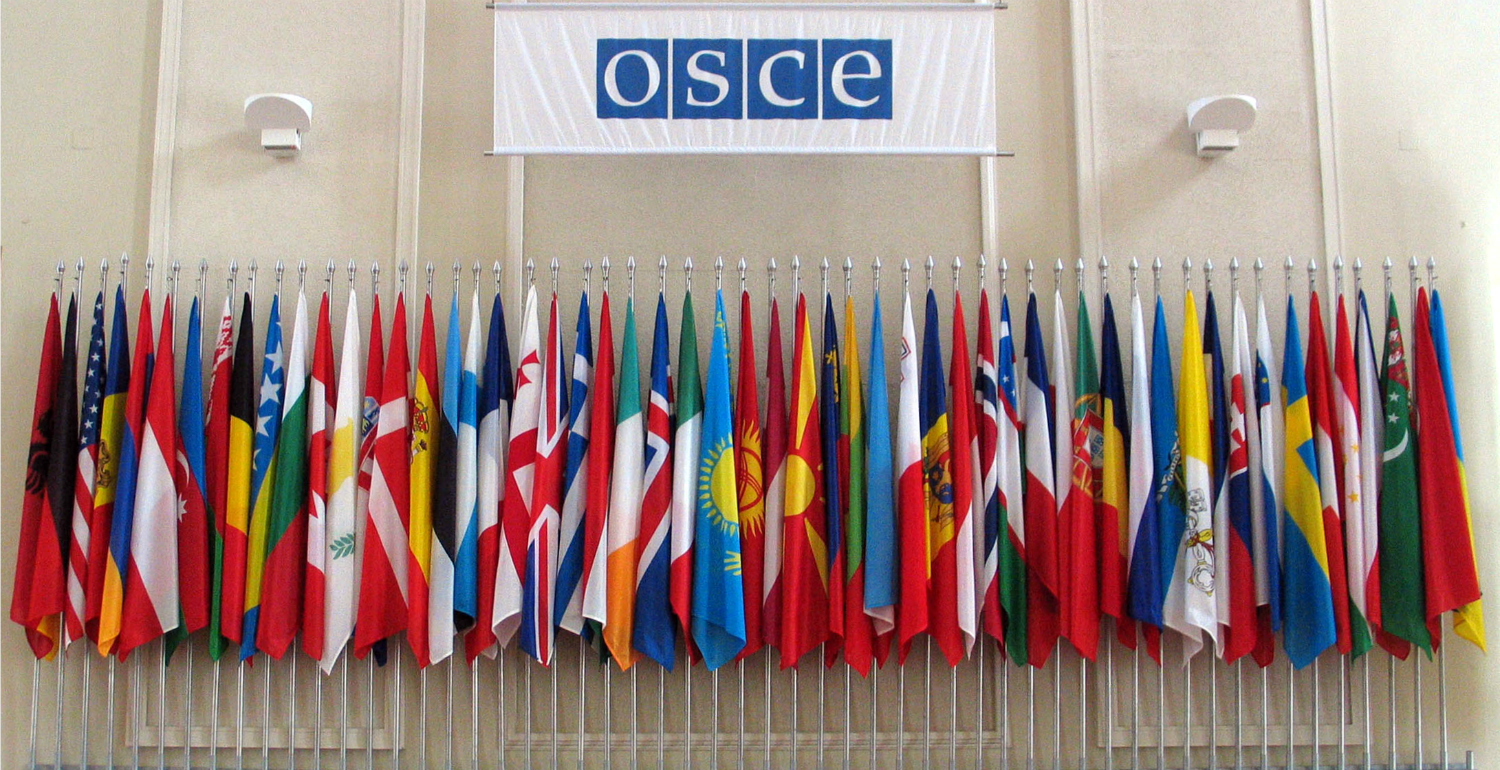The hearing focused on the implications of current demographic trends in the expansive OSCE region through the prism of the security, economic and human dimensions. Most of the OSCE’s 56 participating states are experiencing varying stages of demographic decline, marked by diminishing and rapidly aging populations. Such patterns were identifying as likely to have significant social, economic and security consequences for countries throughout the region, including the United States.
Witnesses testifying at this hearing – including Jack A. Goldstone, Director of the Center for Global Policy at George Mason University; Nicholas Eberstadt, Henry Wendt Scholar in Political Economy of the American Enterprise Institute; Richard Jackson, Director and Senior Fellow of the Global Aging Initiative at the Center for Strategic and International Studies; and Steven W. Mosher, President of the Population Research Institute – addressed issues related to the demographic trends in the OSCE region, such as shrinking workforces in a growing number of participating States that are expected to become increasingly dependent upon foreign workers in the coming decades. A concern that these factors could contribute to mounting social tensions as demonstrated by clashes in some participating States in recent years was evident.






